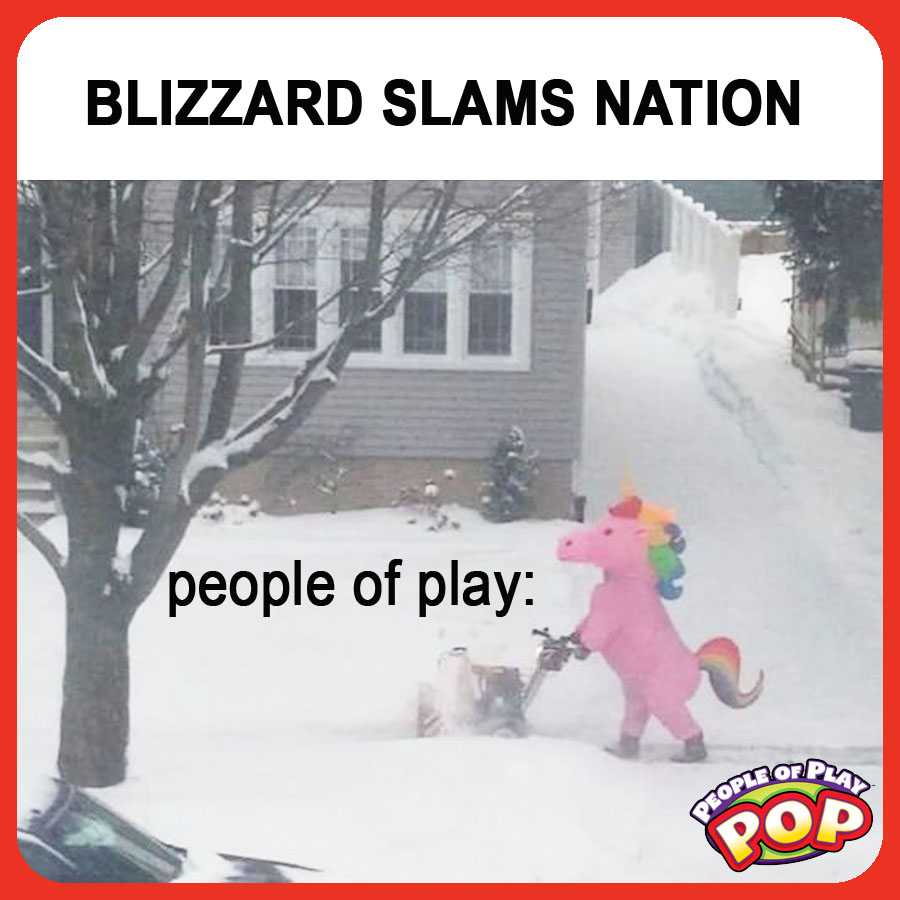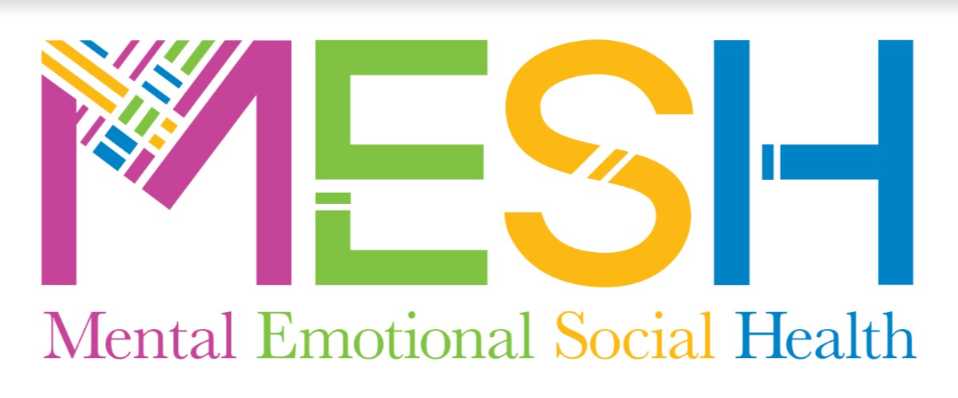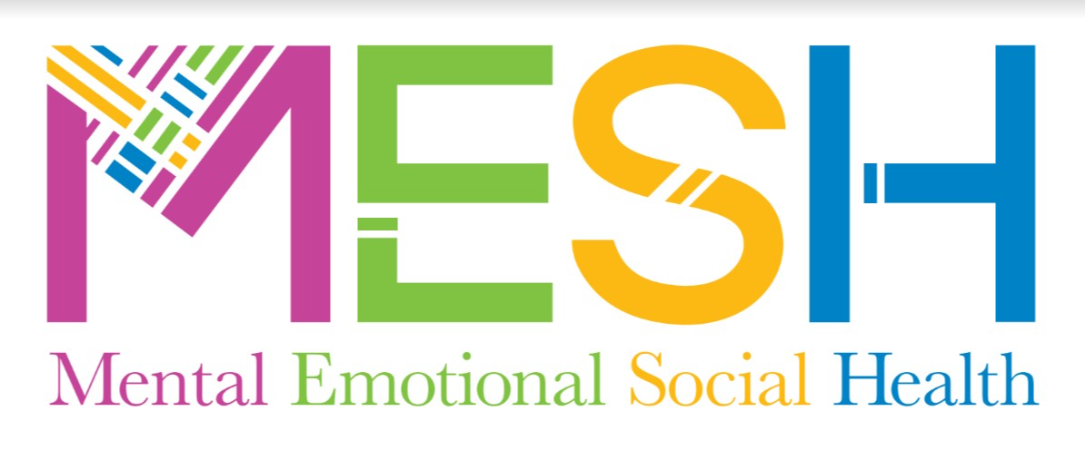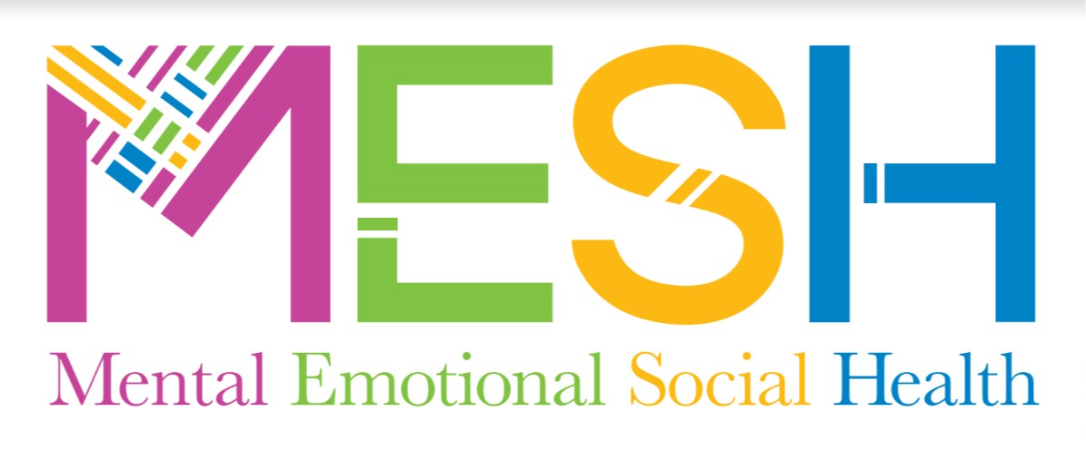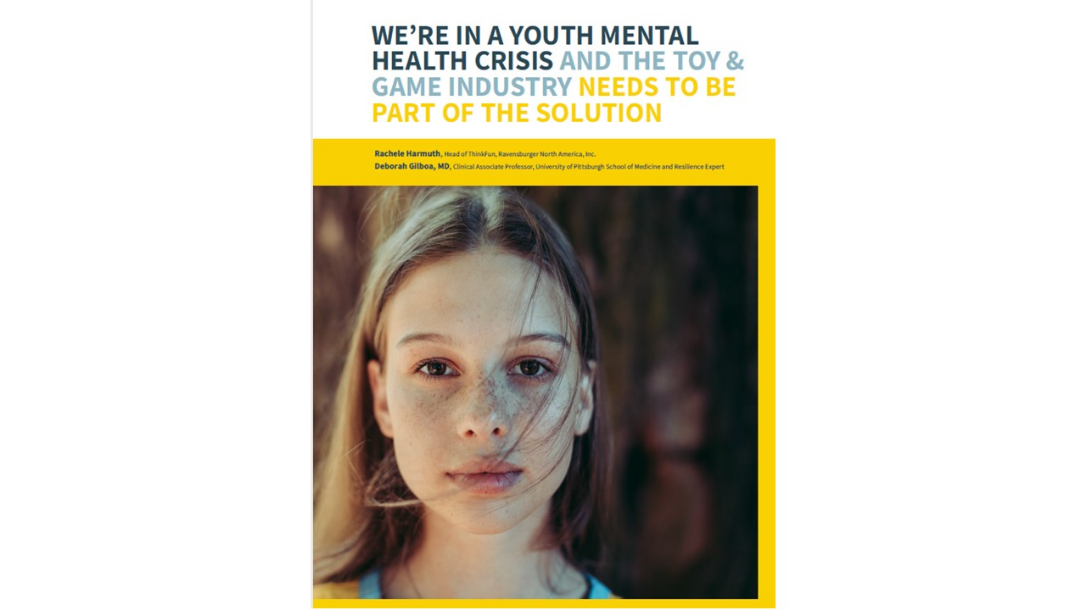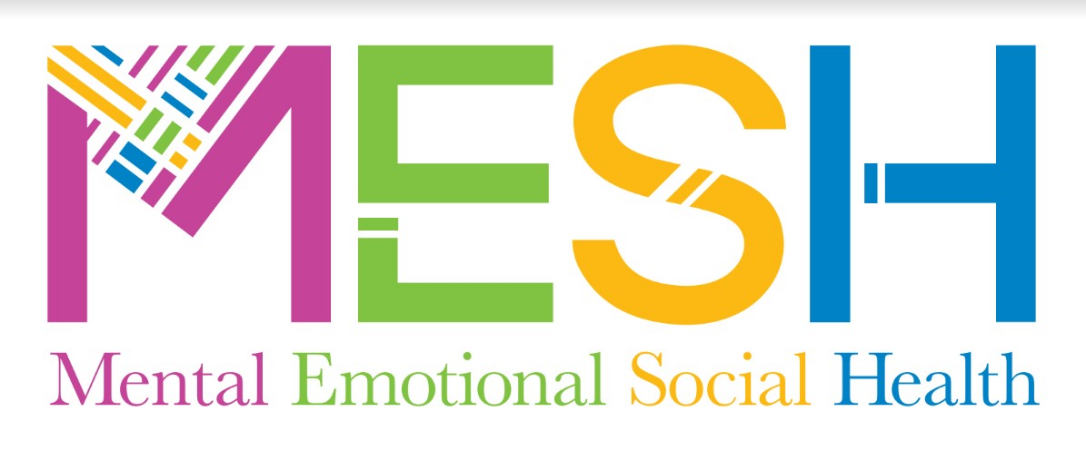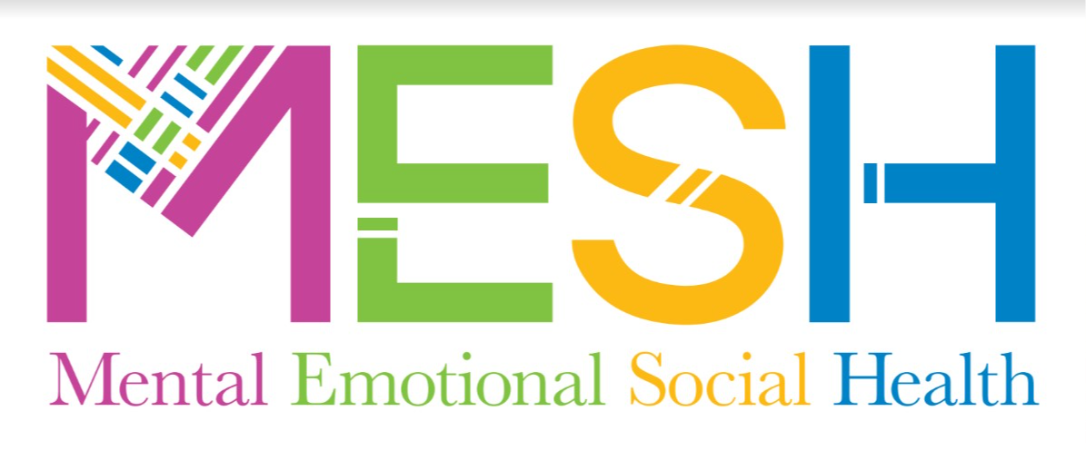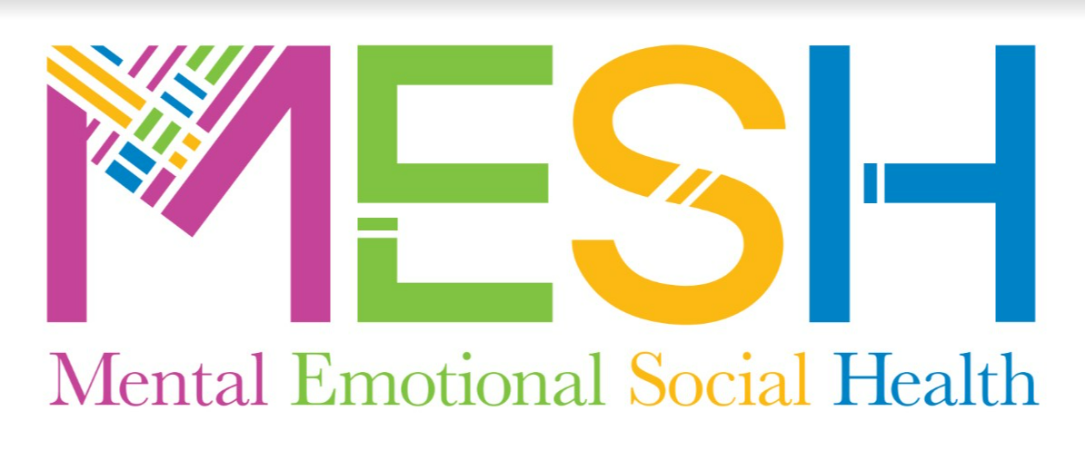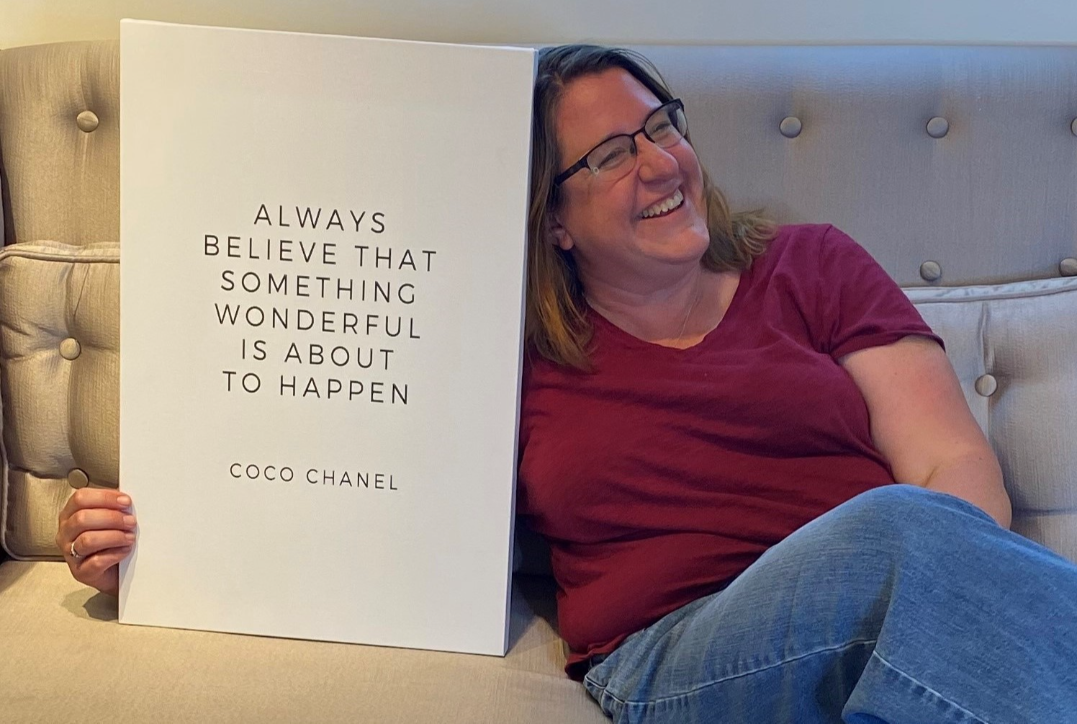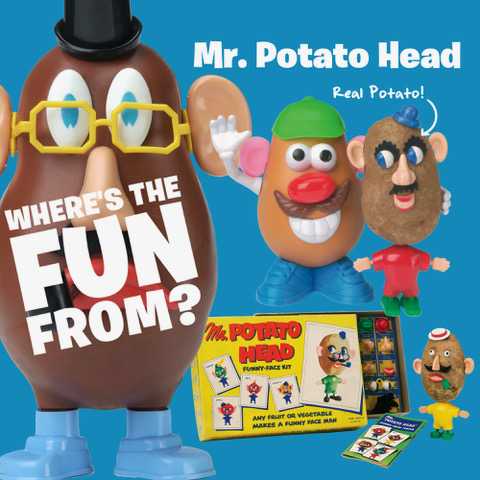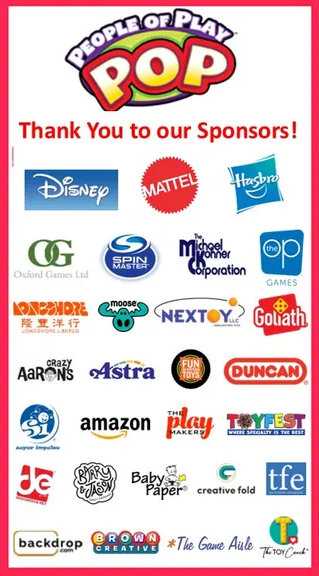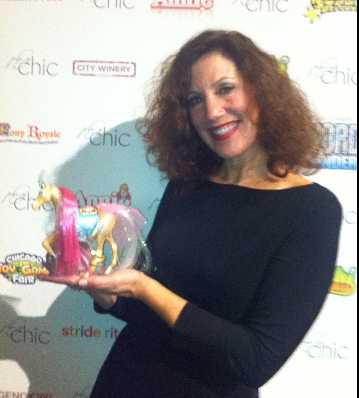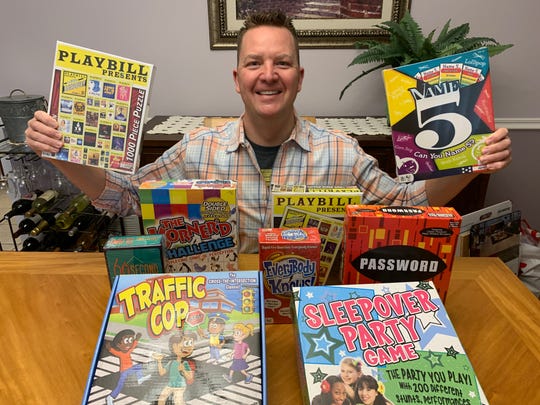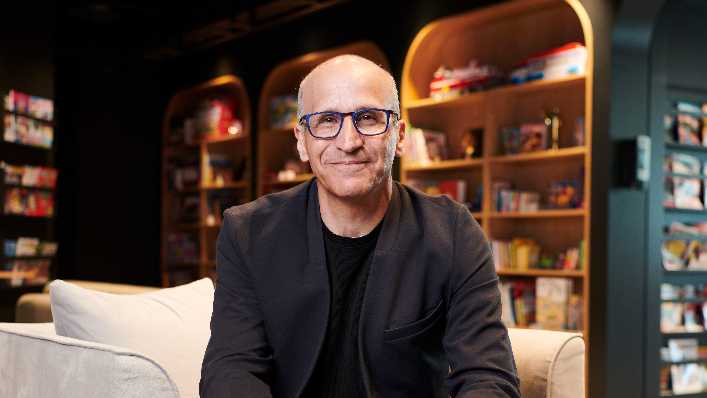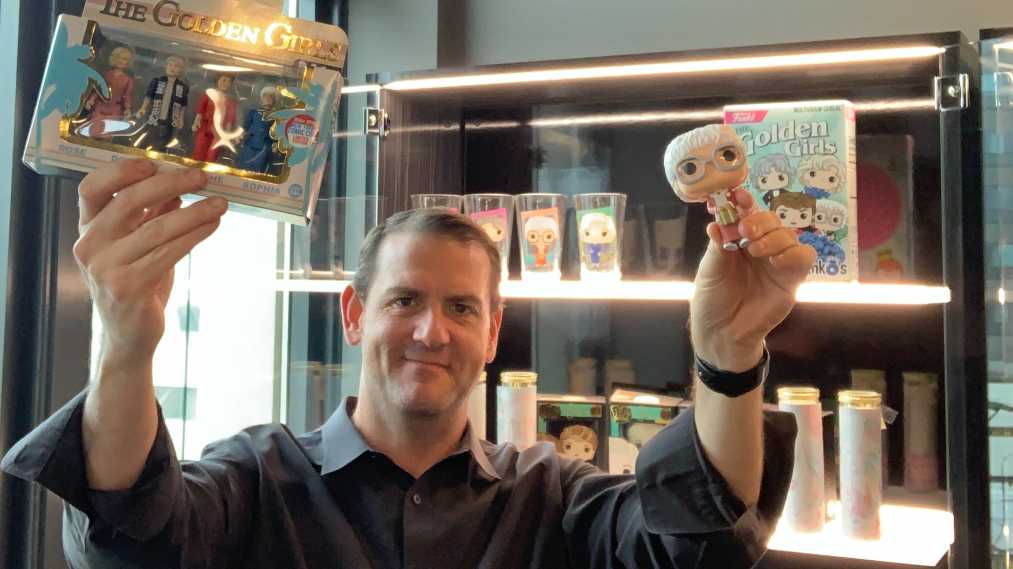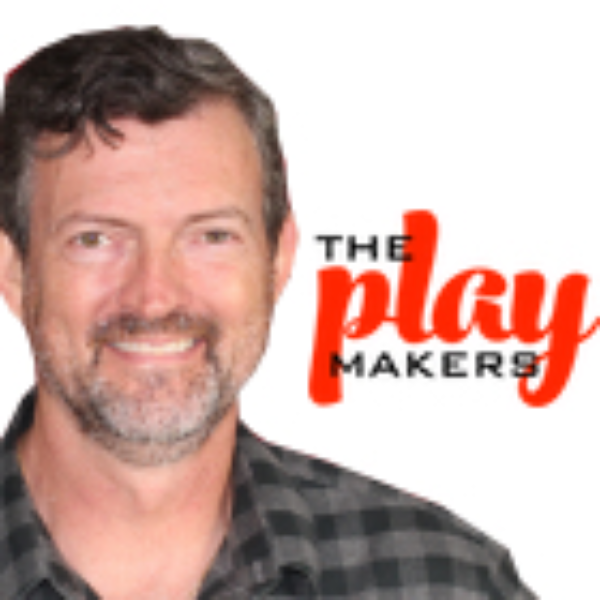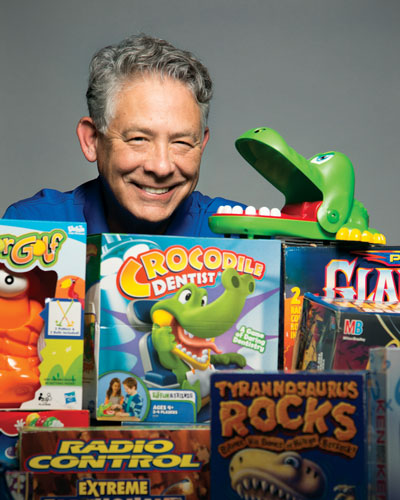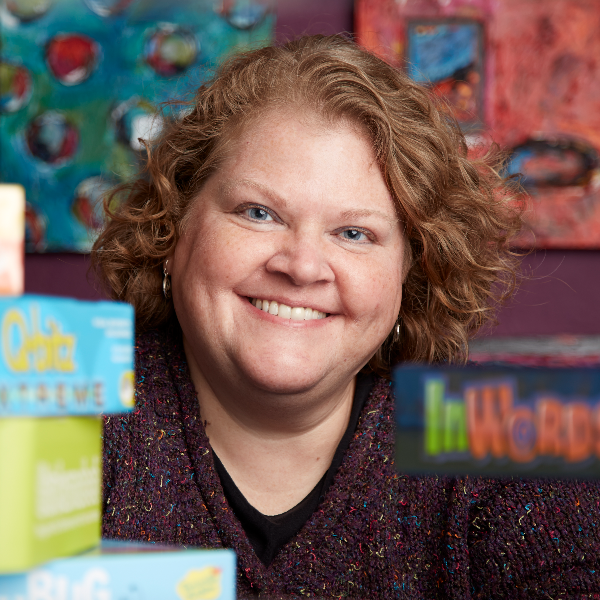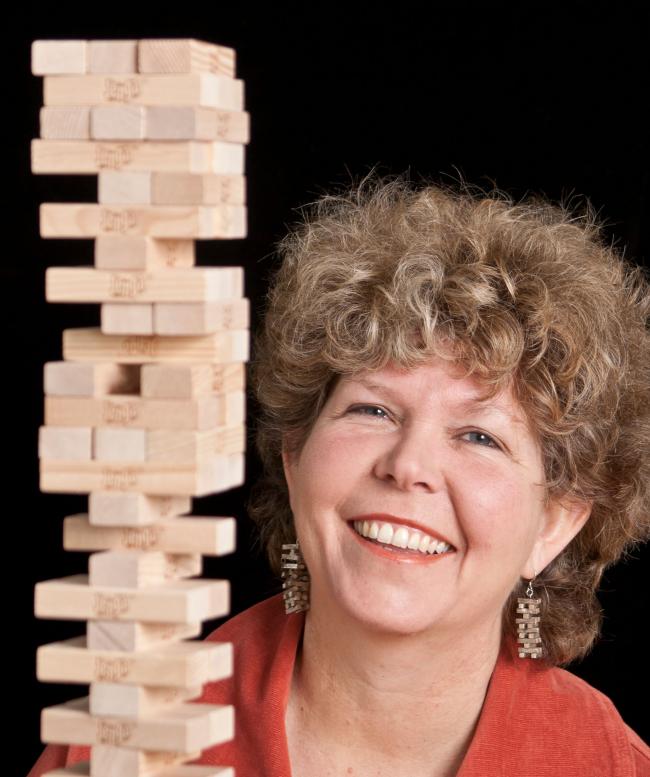Rachele Harmuth, Head of ThinkFun at Ravensberger, Dives Into Parents and Educators Top Concern
by Rachele Harmuth | 30 Nov 2022
Industry Commentary, Op-Ed


Kids are struggling with their mental health and parents are worried. This is the consensus of conversations that have been happening around the country between multitudes of retailers and parents. Rachele Harmuth, the new Head of ThinkFun, heard this consistently as she and her team were researching what were the primary needs of the current marketplace. “Clearly there is a major unmet need around kid’s mental health that is consuming parents and educators. They were turning to toy retailers for help, but beyond toys that provide comfort like stuffed animals and fidgets retailers weren’t sure what to suggest. It isn’t currently clear what products would build mental health skills for the future. We knew we needed to really dig in and understand the situation.” Rachele Harmuth
The statistics are truly concerning. For example, according to the US Centers for Disease Control and Prevention, more than a third of children had “persistent feelings of sadness or hopelessness” in 2022. Further, 71% of parents believe that the pandemic has taken a toll on their child’s mental health. Parents are spending increasing time and resources trying to figure out if their kids are ok, and working to protect them. And, according to a report from the National Association of Mental Illness, 89% of parents are more concerned about their child’s mental health than their academic achievement.
ThinkFun set out to learn how the games they create can help.
ThinkFun has spent the last six months digging into the research and interviewing experts about the evidence-based strategies that have been proven to protect mental health in children, teens and young adults. This work, called MESH (Mental, Emotional and Social Health), identifies eight skills that strengthen mental health in kids: problem-solving, perseverance, adaptation, conflict resolution, self-regulation, cognitive growth, self-advocacy and interpersonal communication.
ThinkFun is focused on the ways toys and games can promote MESH learning by developing and identifying products that build
- Problem solving
- Story telling
- Increasing challenges over the course of play
- Opportunities to draw children together with their adults
Harmuth explains that while comfort items like fidgets or plush toys are important to promote recovery and healing in the midst of trauma, the research her team has done is uncovering strategies where play is actually building MESH skills. Toys that promote these strategies actively strengthen the skills in children that builds resilience both in the immediate and in the future.
To this end, Harmuth and ThinkFun are excited to share what they’ve learned and to start a conversation about how MESH can help kids. They are calling on everyone in the toys and games industry to learn about MESH and join in making sure that parents, educators and caregivers all have the tools they need to protect kids now, and in the future.
To learn more about these efforts, visit MESHhelps.org
Related Blogs
Recent Blogs
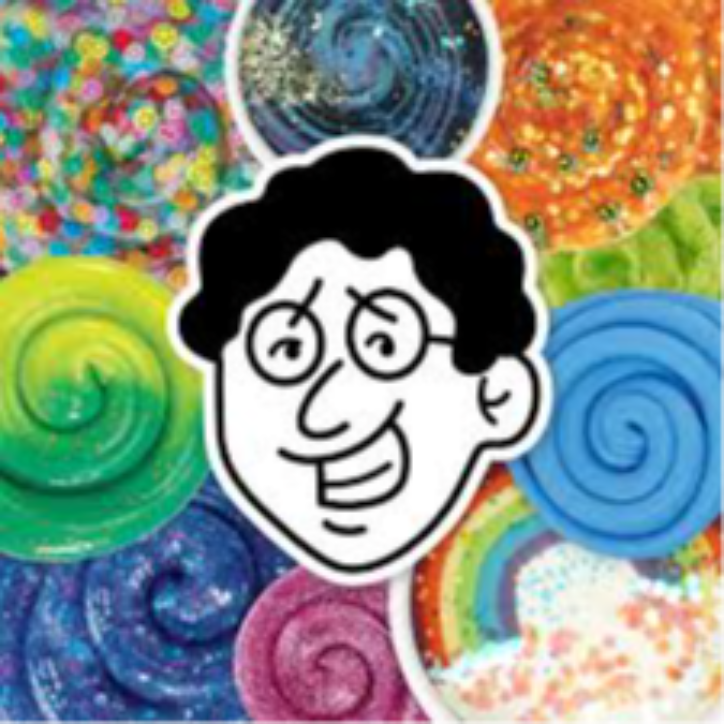
Reviews
Toy Review: Crazy Aaron's Thinking Putty, Land of Dough, & Slime Charmers

Press Release
GPI Partners with Kawakids to Bring Advanced Manufacturing to the North American Market
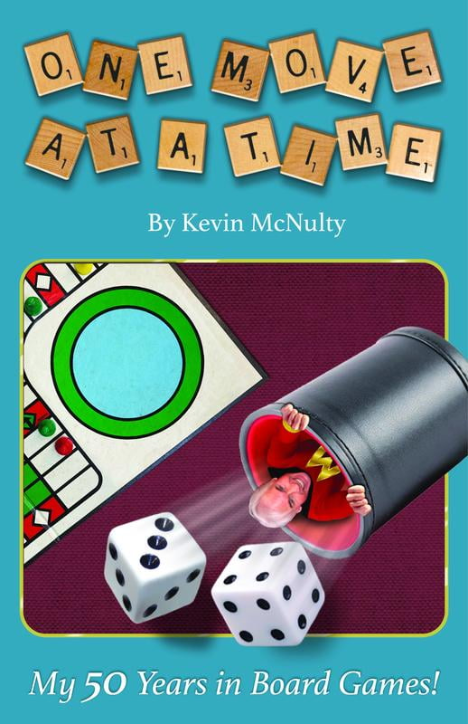
Reviews
BOOK REVIEW: One Move at a Time by Kevin McNulty

Press Release
CARVE COMMUNICATIONS HOSTS CARVE-X @ TOY FAIR – EXCLUSIVE EVENT FEATURES HOTTEST TOYS AND GAMES FROM INDUSTRY LEADERS, CHALLENGER BRANDS, AND START-UPS
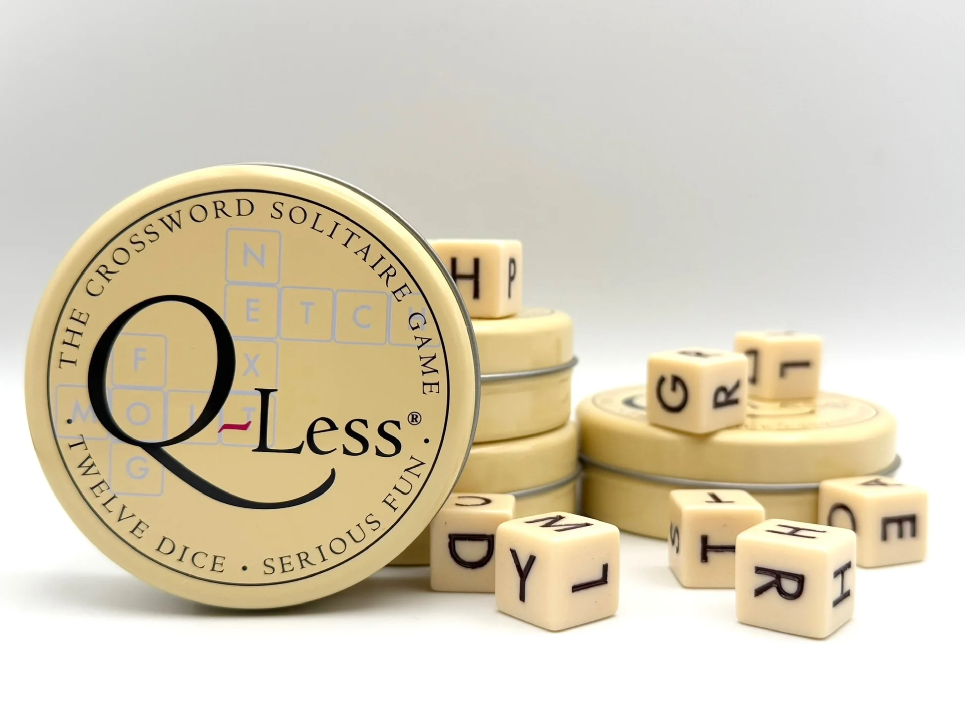
Reviews
Game Review: Q-Less
See more
Recent Wiki
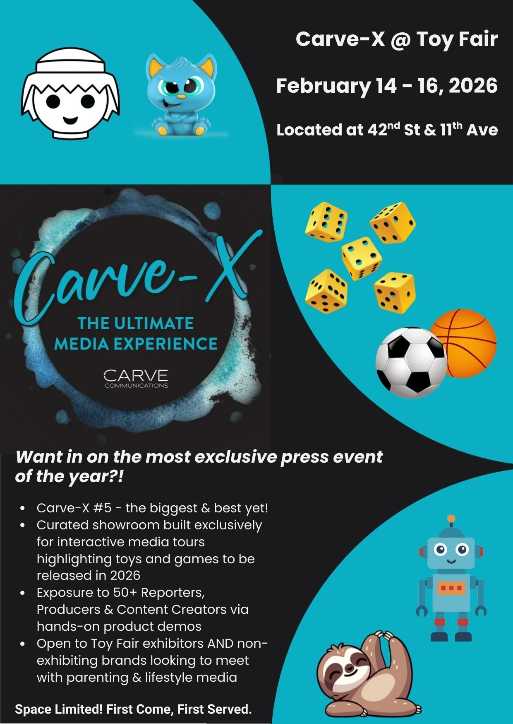
PR and SOCIAL MEDIA
CARVE COMMUNICATIONS HOSTS CARVE-X @ TOY FAIR – EXCLUSIVE EVENT FEATURES HOTTEST TOYS AND GAMES FROM INDUSTRY LEADERS, CHALLENGER BRANDS, AND START-UPS
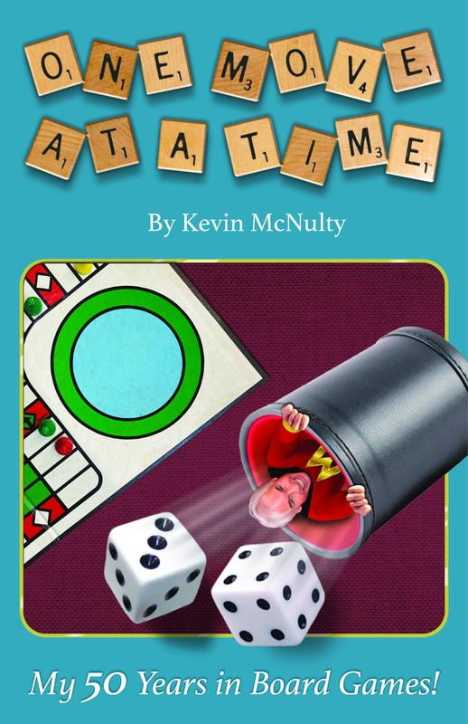
BOOK REVIEWS
BOOK REVIEW: One Move at a Time by Kevin McNulty

COMPANIES
GPI Partners with Kawakids to Bring Advanced Manufacturing to the North American Market
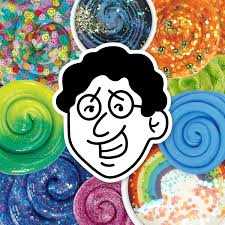
BOOK REVIEWS
Toy Review: Crazy Aaron's Thinking Putty, Land of Dough, & Slime Charmers

PEOPLE
Joe Kling Talks His Impact on the Industry, Career Highlights, and Advice to the Next Generation
See more
POP's Got Talent

POP Entertainment
Randy Klimpert Shares his Ukulele Collection
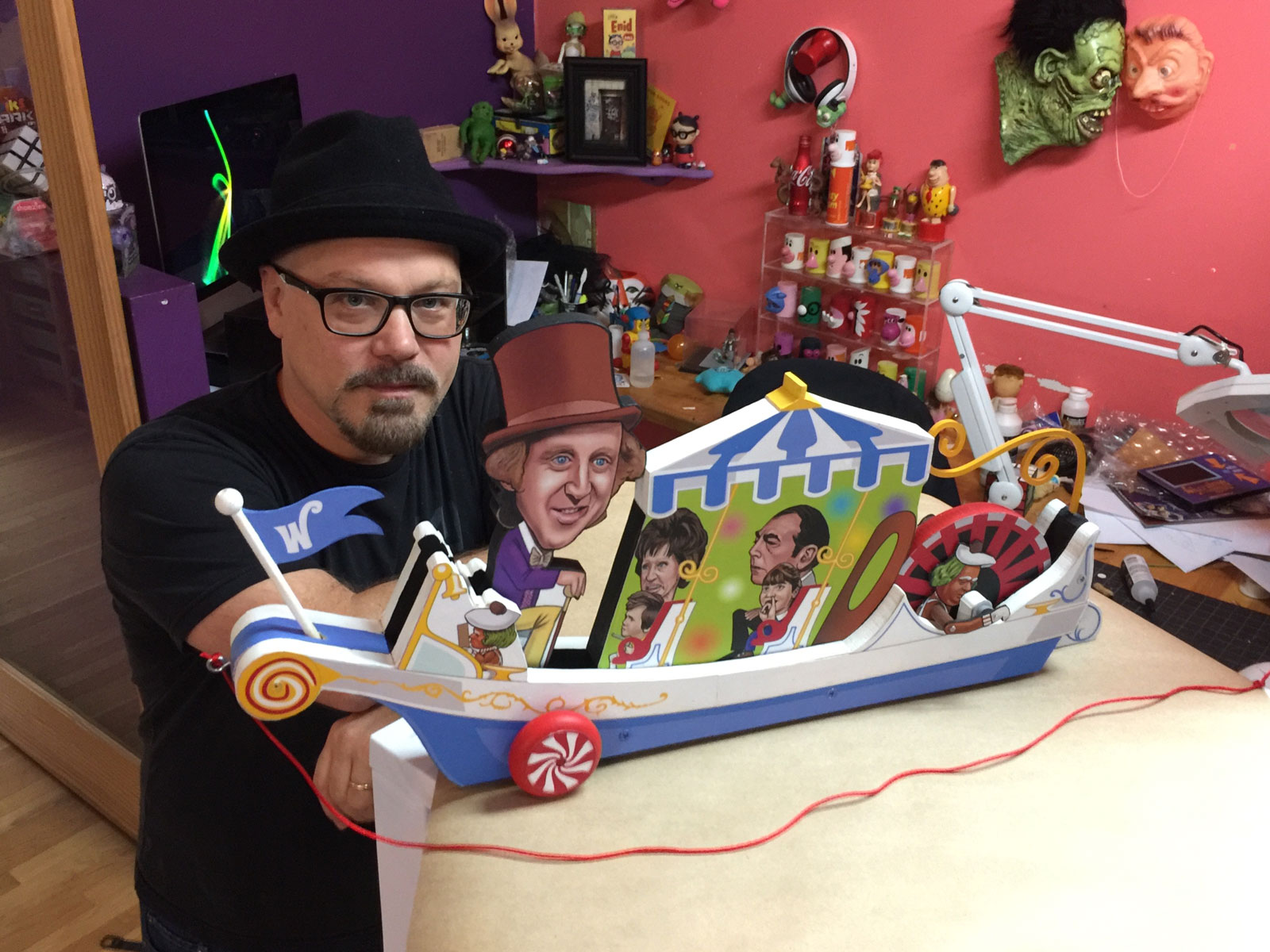
POP Entertainment
Steve Casino Peanut Art
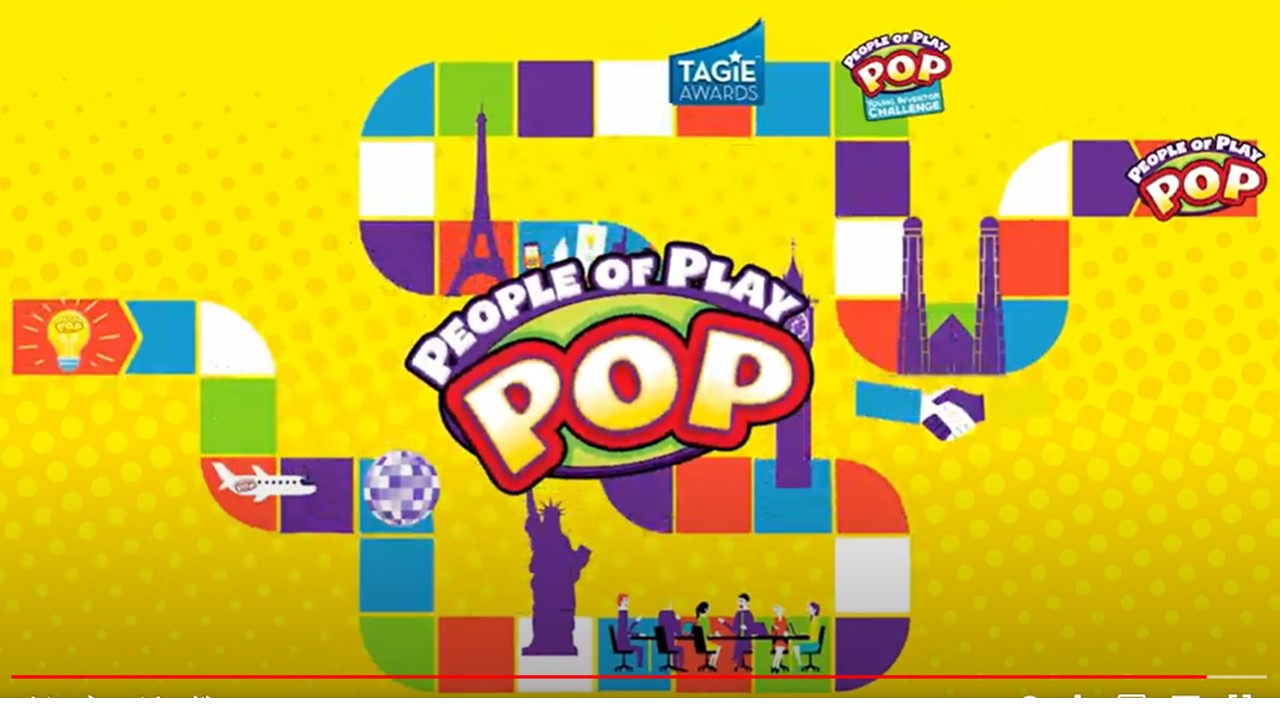
POP Entertainment
Everyone's Talking about POP!
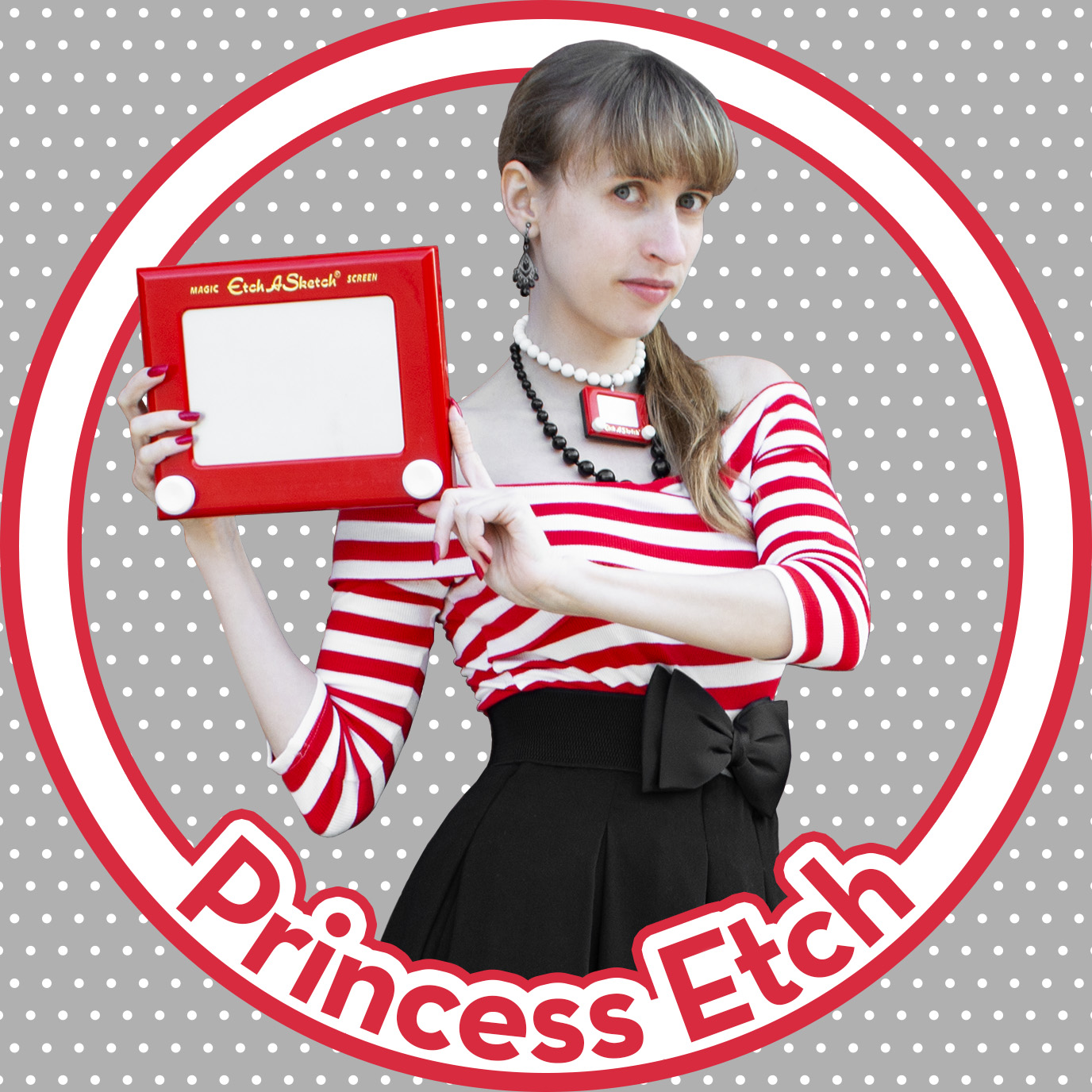
POP Entertainment
Princess Etch - a Multi-Talented Etch A Sketch Artist
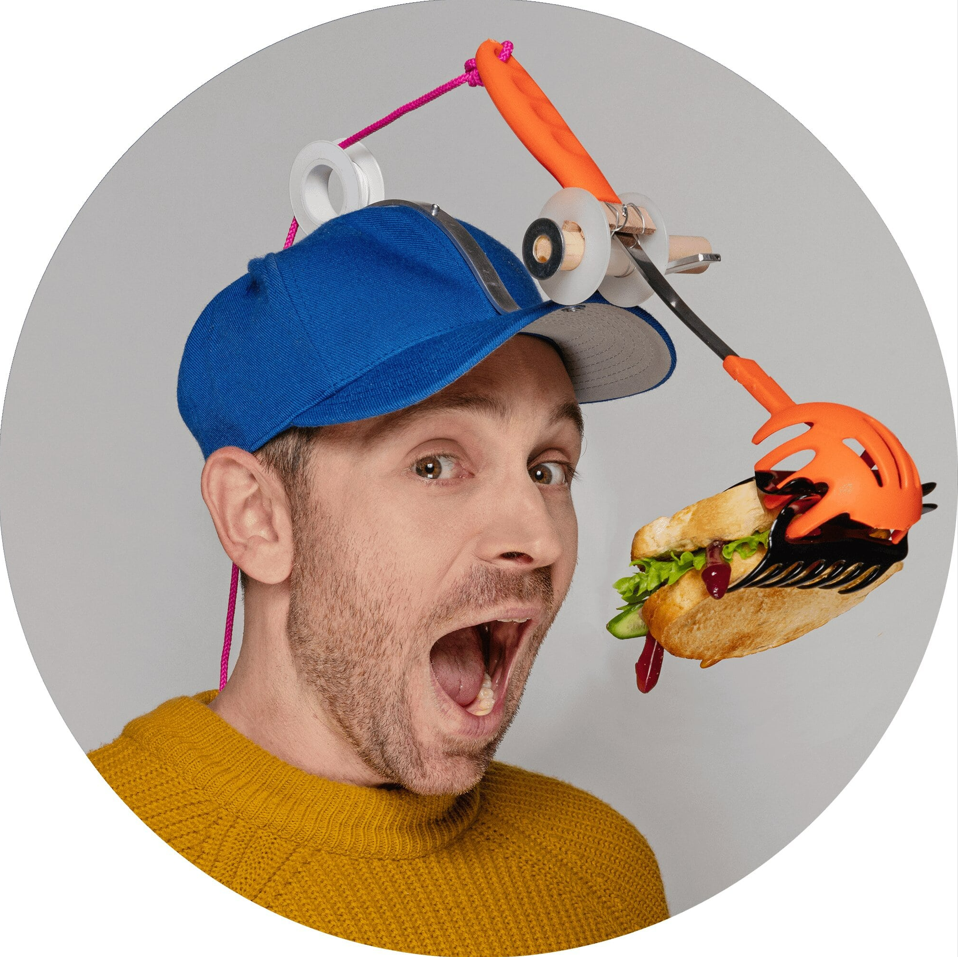
POP Entertainment
Joseph Herscher of Joseph' s Machines.
See more
Recent POPcast
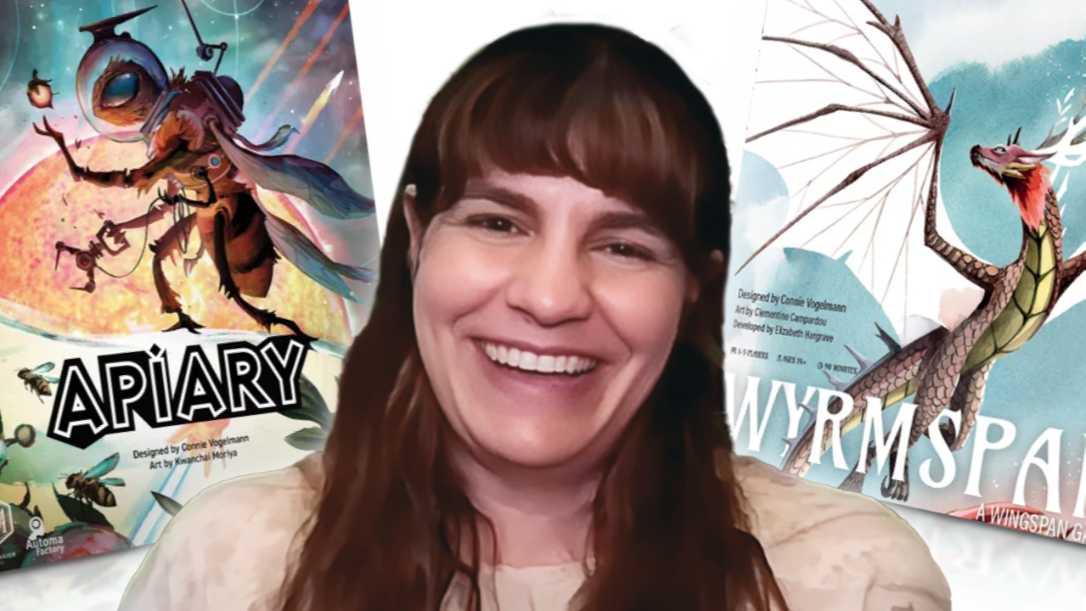
Hidden Role: The Brains Behind your Favorite Games
Connie Vogelmann designed Apiary & Wyrmspan!

Hidden Role: The Brains Behind your Favorite Games
Bob Fuhrer... Is THE Crocodile Dentist!

Hidden Role: The Brains Behind your Favorite Games
Tom Dusenberry... Bought Atari, Wizards of the Coast, and Avalon Hill!

Hidden Role: The Brains Behind your Favorite Games
Matt Leacock created Pandemic... the game!

Hidden Role: The Brains Behind your Favorite Games
Scott Brown and Tim Swindle... are Launching a New Sport!
See more
POPDuos

POPDuos: Interviews with Legends and Leaders
POPDuo: Richard Dickson, Mattel’s President & COO, and Kedar Narayan, Young Inventor Challenge AMB

POPDuos: Interviews with Legends and Leaders
POPDuo: Will Shortz and Josh Wardle

POPDuos: Legends and Leaders Explore Creativity
POP Duo: Elan Lee, Co-Founder, Exploding Kittens.and Jeff Probst, Host and Exec Producer, Survivor

POPDuos: Legends and Leaders Explore Creativity
POP Duo: David Fuhrer, MNG Director, Blue Sq Innovations & Shawn Green, past Dodgers & Mets MLB Star

POPDuos: Legends and Leaders Explore Creativity
POP Duo: Bob Fuhrer, Founder, Nextoy and Tom Fazio, Golf Course Designer
See more
